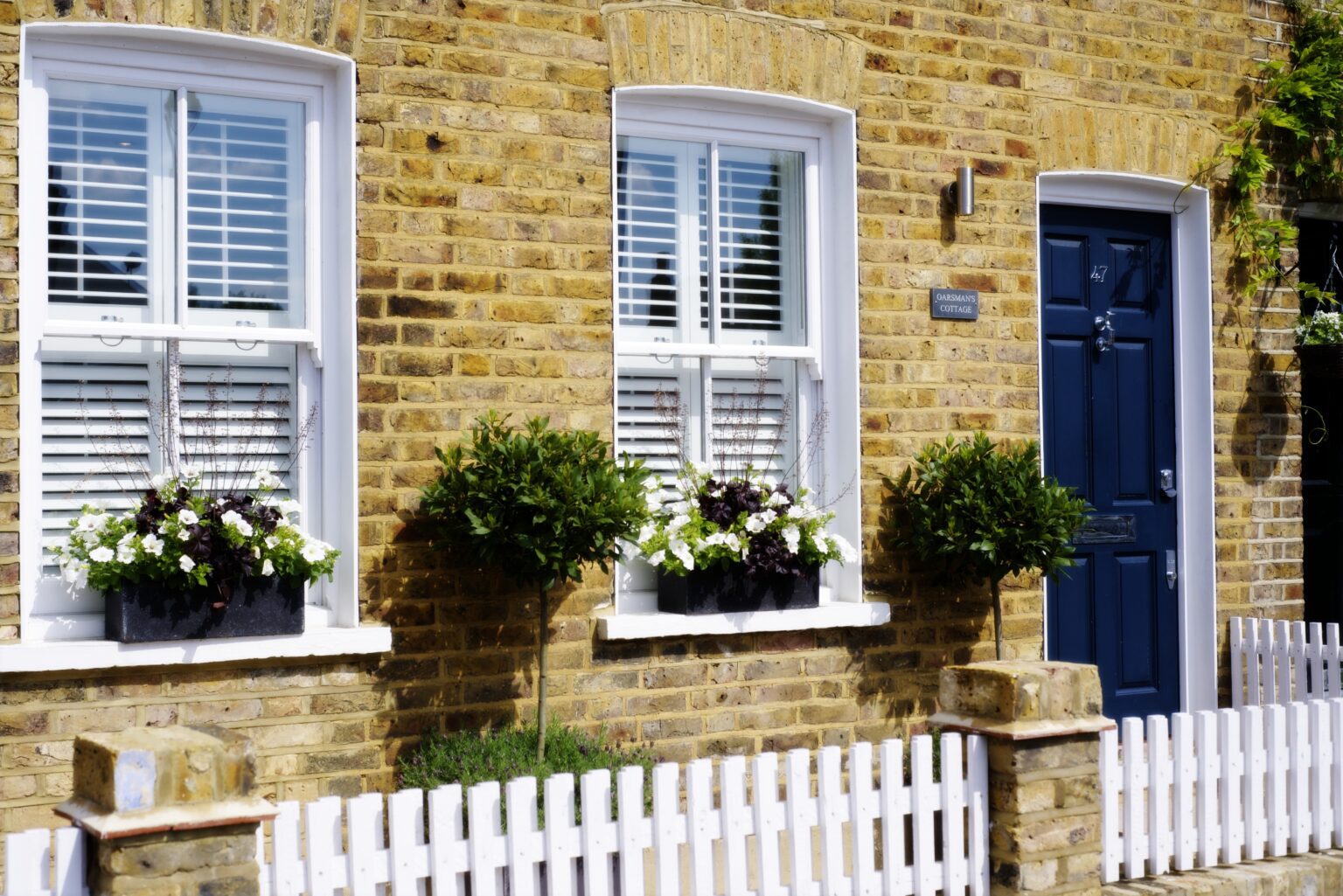In a digital age, plenty of our home security measures use Wi-Fi — but is it secure enough? Security experts have warned against the dangers of an unsecure network when it comes to home security, warning it can be the digital equivalent of leaving your front door open.
When looking at the best security measures, smart security frequently tops the list. Smart security consists of internet-connected security measures which are grouped through your Wi-Fi. These can consist of security cameras, motion sensors, door locks, window/door sensors and even sirens.
However, the experts say there is no point in having smart security if your Wi-Fi is not secure. If your Wi-Fi is breached, criminals can access your home security system and the risks are huge. From learning your daily routine to disabling smart locks, your home is suddenly at risk of being burgled – this is everything you need to know.
How your Wi-Fi is putting your home at risk
‘An unsecured Wi-Fi can be an open invitation to anyone to be able to snoop within your network, and with more and more devices in our homes connected it becomes even more important to ensure this is securely locked down,’ explains Javvad Malik, Lead Security Awareness Advocate at KnowBe4.
‘If criminals are able to infiltrate your home network, they could do things such as disable your smart security cameras, unlock smart locks, mess with alarm systems or access any of your connected devices.’
You’re probably already aware of the risks of using unsecured WiFi in public to look at your banking apps and sensitive information. This applies to your home security measures too, and neglecting to keep your Wi-Fi system secure is a big mistake to avoid.
You’re home Wi-Fi network can be put at risk by using a simplistic password or not changing it from the default Wi-Fi password. As Javaad says: ‘your Internet security is the key to your home security in many ways. A £500 smart device isn’t worth much if your Wi-Fi password is ‘Password123’.’
How to tell if your Wi-Fi is secure enough
‘Your Wi-Fi network should require a unique password to connect and be secured with either WPA2 or WPA3 encryption. This prevents strangers from connecting to your network and being able to access or monitor the devices connected to it,’ explains Paul Bischoff, Consumer Privacy Advocate at Comparitech.
WPA stands for Wi-Fi protected access and is a special security measure designed to safeguard your Wi-Fi traffic. Since July 2020, it has been mandatory for routers with the Wi-Fi Certified Label to have WPA3 support – the most up-to-date version of Wi-Fi protected access.
Tp-Link Archer Ax12 Dual Band Wi-Fi 6 Ax1500 Router
You should invest in a router that has a WPA3 encription as it is the most secure Wi-Fi you can get on the market.
‘Some of the best things to do when checking your Wi-Fi is to ensure that the default settings on the router have been changed. Set a strong password and ensure encryption is enabled. Change your default network name to something that does not describe the type of router you have, the service provider, or your home address,’ says Javvad.
‘Try connecting to your network from a new device and see if your password and security settings stand up to the test.’
So when upgrading to the best home security system, don’t neglect your Wi-Fi, ensure it is secure and your router is WPA3.
Read the full article here
